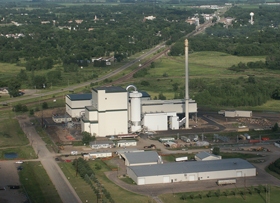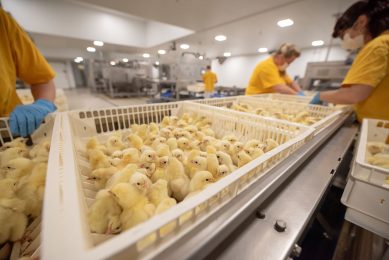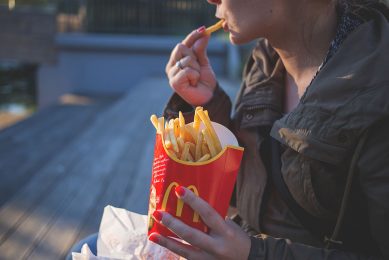Environmentalists oppose permits for poultry-waste plant

The Blue Ridge Environmental Defense League wants state regulators to consider Fibrowatt LLC’s problems with its poultry-waste burning plant in Minnesota when the company applies for permits to operate its three proposed plants in North Carolina.
Fibrominn, the Fibrowatt plant in Benson, Minnesota, will pay a $65,000 fine and install a sulphur-dioxide monitor that will cost nearly $80,000 as part of an agreement it reached with the Minnesota Pollution Control Agency.
The fine and agreement will resolve the company’s past failure to comply with state air-quality rules and permit conditions, according to the Minnesota agency.
The Blue Ridge Environmental Defense League has sent letters to the N.C. Environmental Management Commission, and the N.C. Utility Commission. It urged these organisations to consider Fibrowatt’s experience in Minnesota “and avoid the problems encountered there.”
Renewable energy law
The N.C. General Assembly passed a law in 2007 that requires utilities to begin getting some energy from pig and chicken manure by 2012.
The law also requires that at least 900,000 megawatt hours of electricity sold to retail customers by 2014 must come from poultry litter.
A State Representative is considering adding an amendment to a bill in the General Assembly next year that would suspend the law.
She said that the measure may be necessary because Fibrowatt has not applied for any state permits to operate its planned plants, and she doubts whether the company or the utilities will meet the goals outlined in the law.
No consumer benefit
She also said she questions whether consumers will see any cost savings from electricity generated from chicken waste and she is concerned about the plants’ potential effects on the environment.
Several community groups have said that the planned Fibrowatt plants would produce noxious odours and toxic emissions.
Fibrowatt denied those claims, saying that its plants would not add any additional pollutants to the environment and that they would remove polluting chemicals from the chicken litter.
Join 31,000+ subscribers
Subscribe to our newsletter to stay updated about all the need-to-know content in the poultry sector, three times a week. Beheer
Beheer








 WP Admin
WP Admin  Bewerk bericht
Bewerk bericht